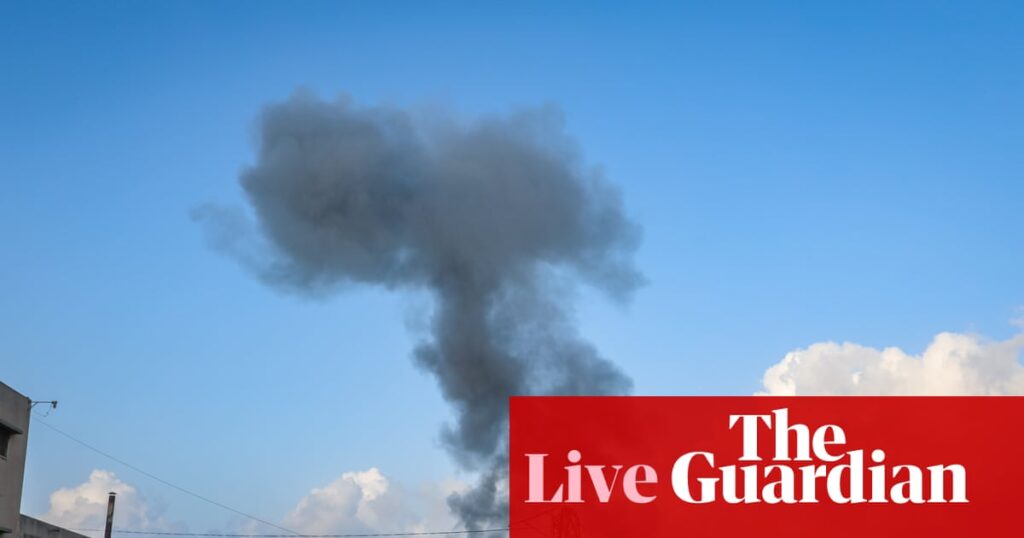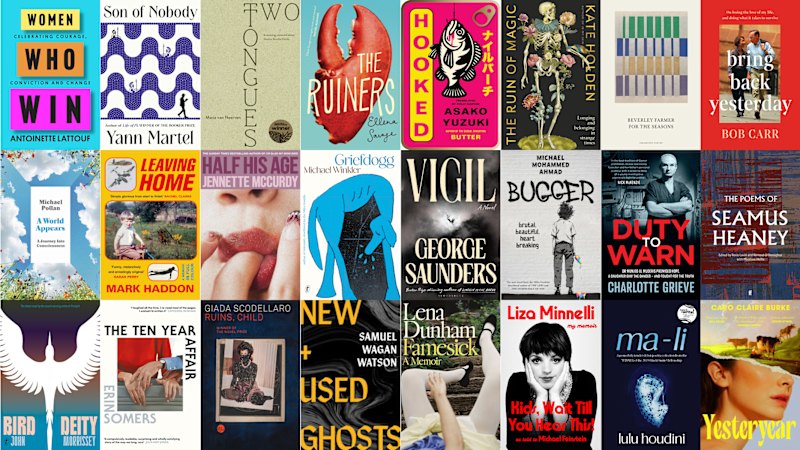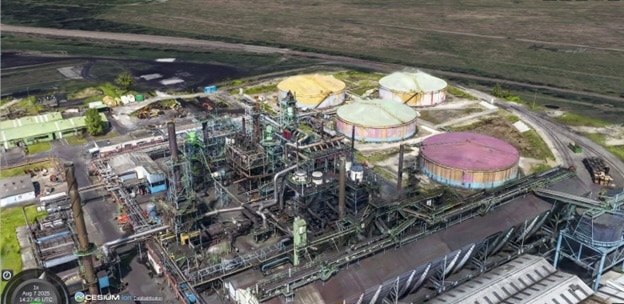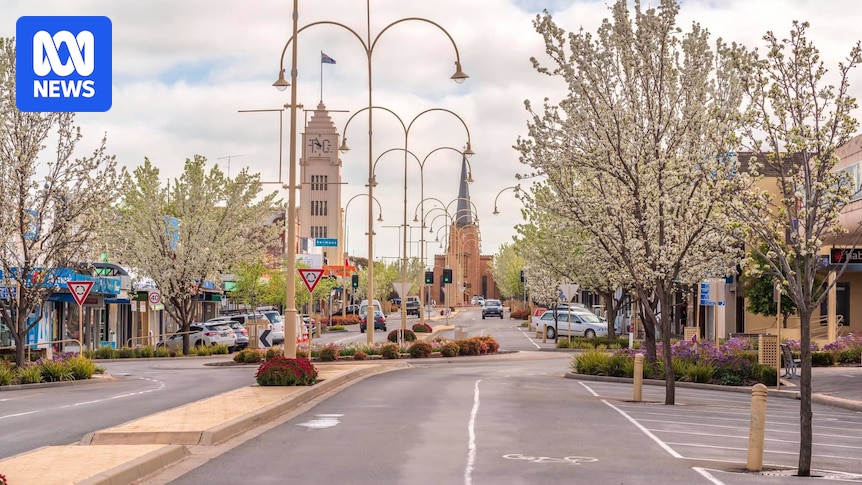
The White House is set to host a pivotal meeting on Gaza, chaired by President Donald Trump, as the United States expresses confidence in resolving the ongoing conflict by the end of the year. This announcement was made by US special envoy Steve Witkoff on Tuesday, underscoring Washington’s commitment to addressing the hostilities between Israel and Palestinian factions in Gaza.
In a parallel diplomatic effort, Secretary of State Marco Rubio is scheduled to meet with Israeli Foreign Minister Gideon Saar in Washington. This meeting, expected to take place at 3:15 PM ET, aims to further discuss strategies and diplomatic pathways to de-escalate the situation.
White House Meeting: A Comprehensive Plan
During an appearance on Fox News’ “Special Report with Bret Baier,” Witkoff confirmed the White House meeting, describing it as a comprehensive effort to devise a postwar plan for Gaza. Although details about the participants and specific agenda items remain undisclosed, the meeting signifies a significant step in US-led peace efforts.
When pressed on whether Israel should alter its approach to expedite the war’s end and secure the release of hostages, Witkoff stated, “We think that we’re going to settle this one way or another, certainly before the end of this year.” He also noted that Israel remains open to discussions with Hamas, which has indicated a willingness to negotiate a settlement.
Escalating Tensions in the West Bank
Amid these diplomatic maneuvers, tensions continue to simmer in the West Bank. Israeli police reported the seizure of approximately $447,000 in “terror funds” from a currency exchange raid in Ramallah. This operation, part of Israel’s broader strategy to disrupt financial networks linked to Hamas, resulted in the arrest of nine suspects accused of terror-related activities.
The raid, which left dozens of Palestinians wounded, highlights the ongoing volatility in the region. Israeli forces frequently conduct operations across the West Bank, but incursions into central Ramallah, the administrative hub of the Palestinian Authority, are relatively rare.
Since the onset of the Gaza conflict, at least 972 Palestinians have been killed in the West Bank, alongside 36 Israelis, according to figures from the Palestinian Authority and Israeli sources.
International Repercussions: Australia’s Response to Iranian Influence
In a related development, Australia has expelled Iran’s ambassador following revelations of Tehran’s involvement in antisemitic attacks on its soil. Prime Minister Anthony Albanese announced that Australian intelligence had traced the funding of these attacks to the Iranian government, implicating Tehran in orchestrating hostile activities through intermediaries.
One such attack involved the arson of a Melbourne synagogue, allegedly carried out by Younes Ali Younes, a local man currently facing charges. The investigation revealed a complex network of financial transactions linking the crime to the Iranian regime.
“Security forces have done rather extraordinary work to trace the source of the funding of these criminal elements who’ve been used as tools of the Iranian regime,” Albanese stated in a parliamentary session.
Journalists in the Crossfire: The Cost of Conflict
The conflict in Gaza has also taken a heavy toll on journalists. A recent Israeli airstrike on Nasser hospital in southern Gaza resulted in the deaths of five Palestinian journalists, including Reuters journalist Hussam al-Masri. This attack, captured live on broadcast, has sparked global outrage and calls for greater protection of journalists in conflict zones.
The strike is part of a broader pattern of violence against media professionals in Gaza, where more than 247 journalists have been killed over the past 22 months, according to UN statistics. This figure surpasses the combined journalist fatalities in several major conflicts of the 20th and 21st centuries.
“He loved his work deeply,” said a colleague of al-Masri, reflecting on the dedication and risks faced by journalists covering the Gaza conflict.
As the White House prepares for its crucial meeting, the international community watches closely, hopeful for a resolution that could bring stability to a region long plagued by conflict and suffering.







